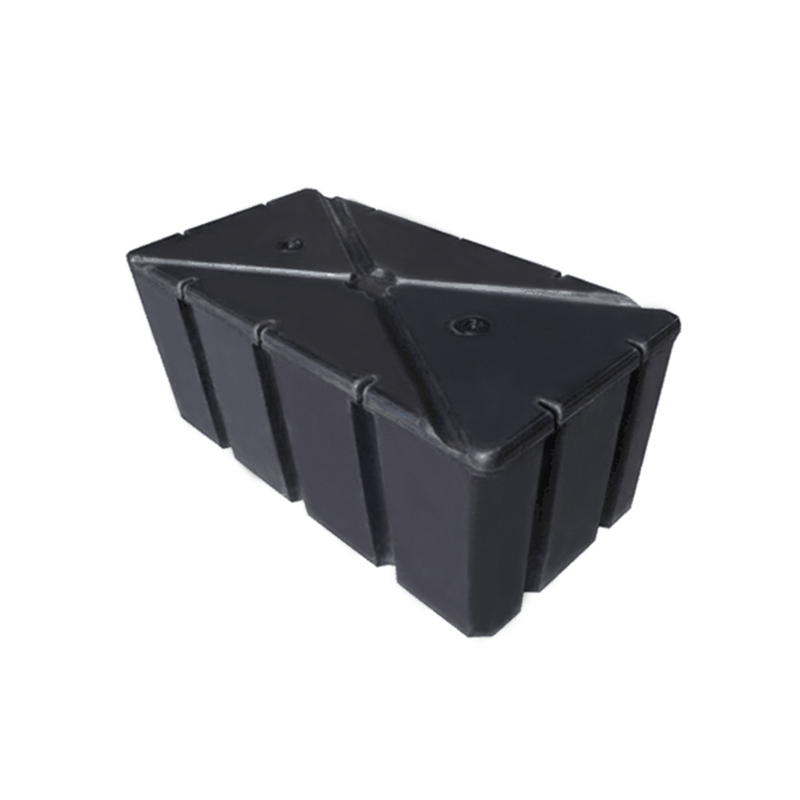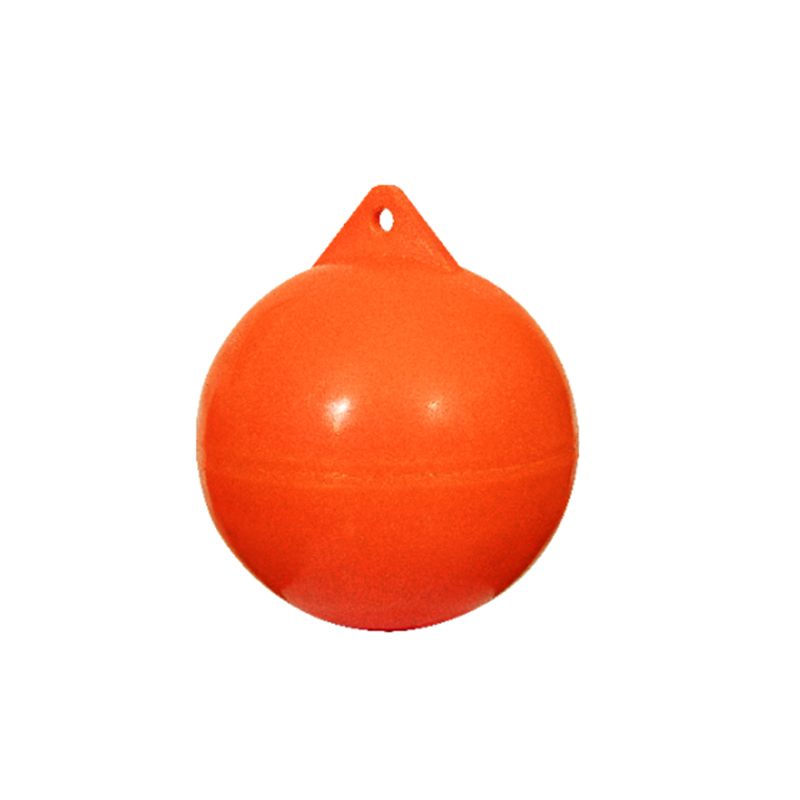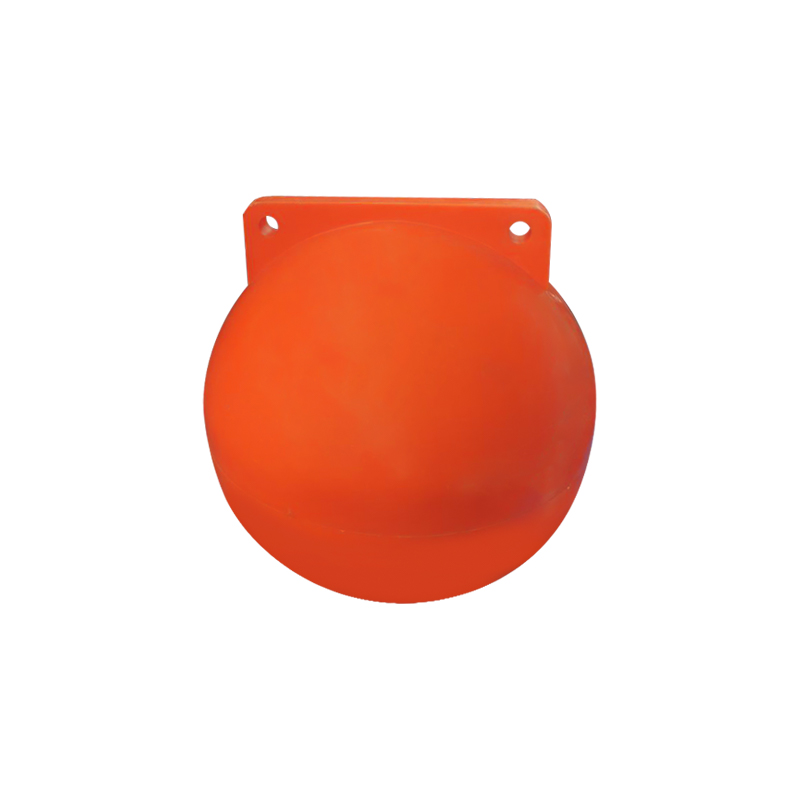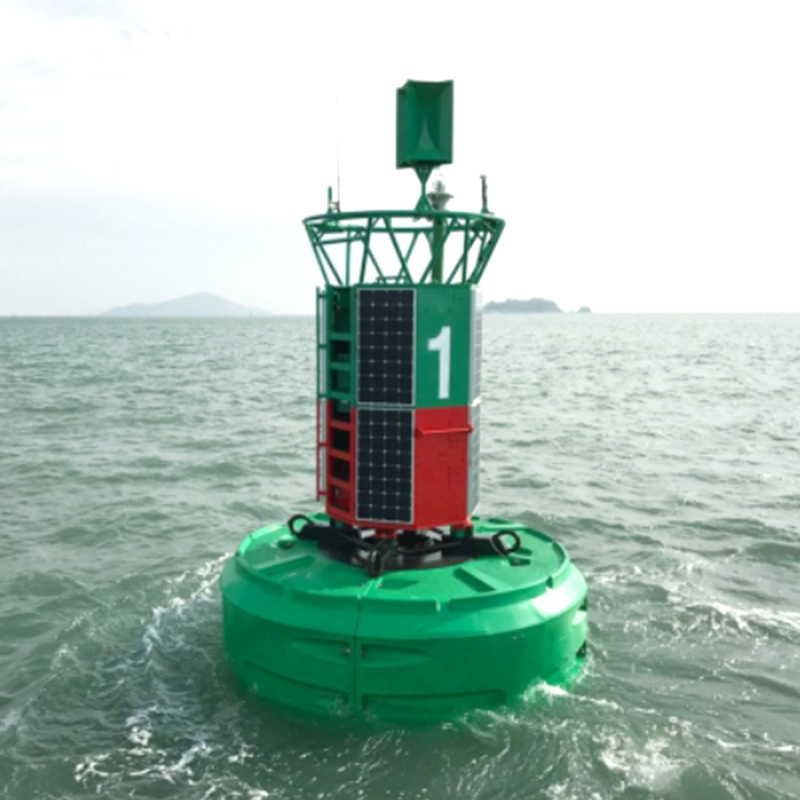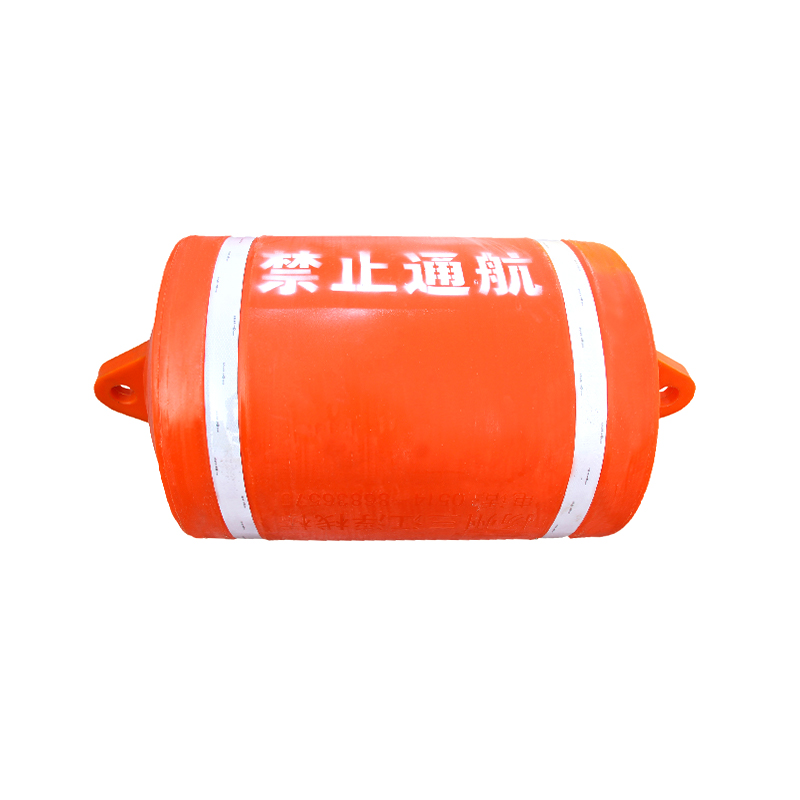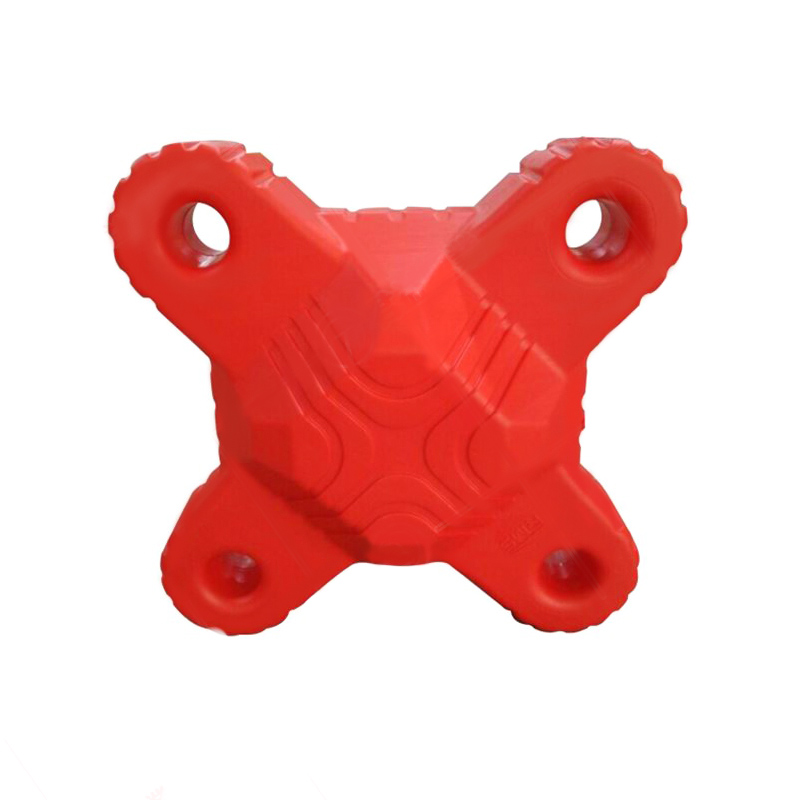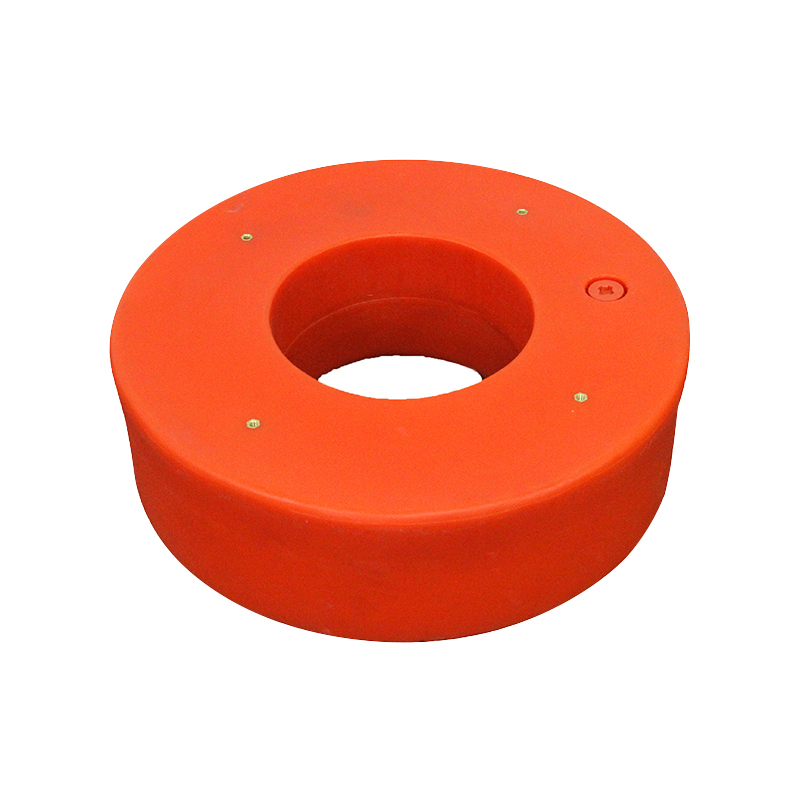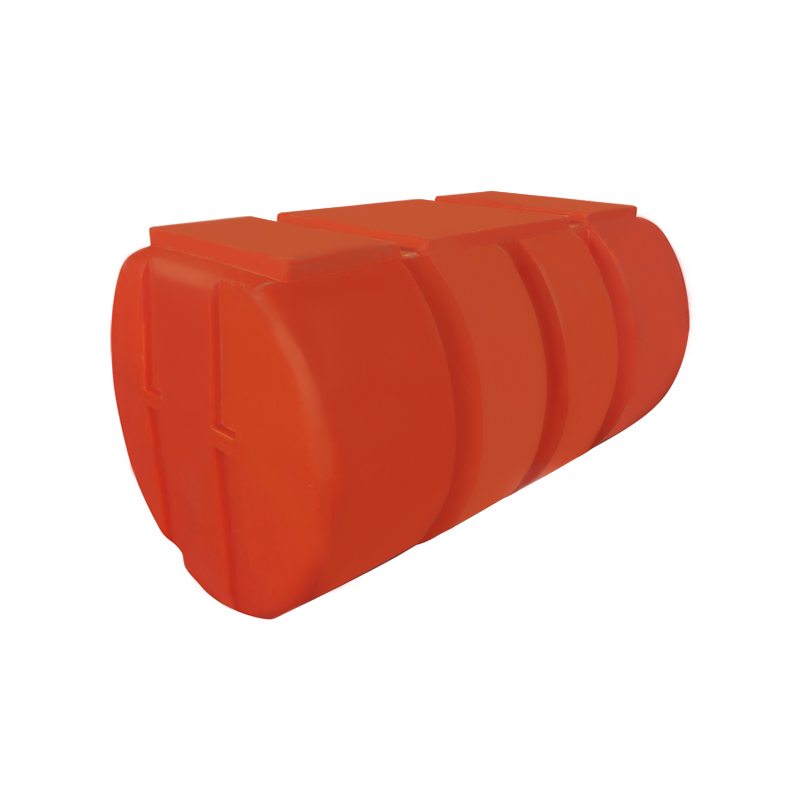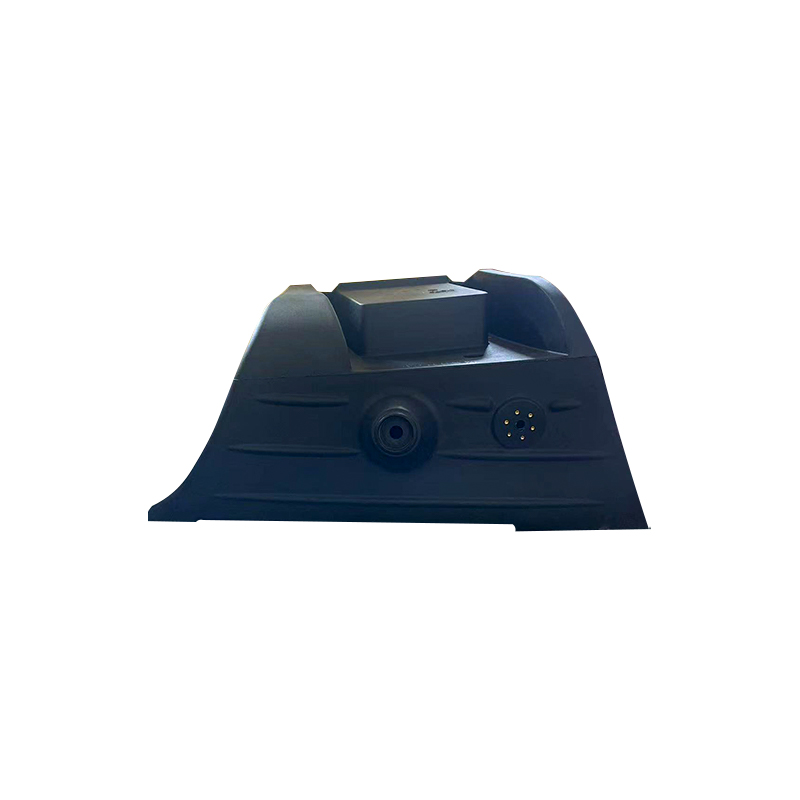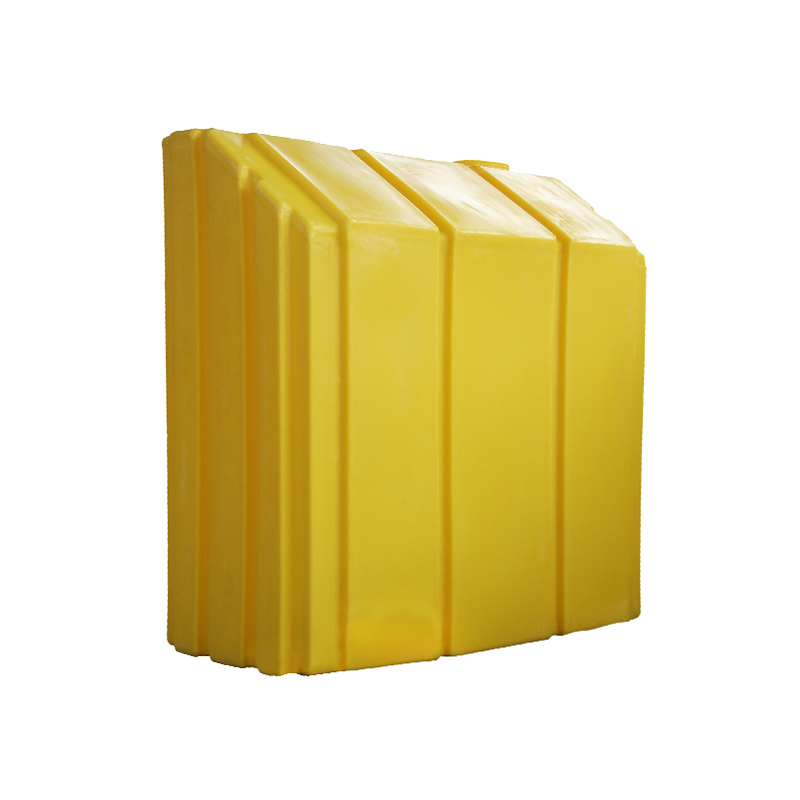Why can the PE material of Horizontal Small Lid resist acid and alkali corrosion?
In highly corrosive industries such as chemicals, electronics, metallurgy, and environmental protection, the storage and transportation of liquids has always been a technical challenge. Especially when facing highly corrosive media such as inorganic acids, strong alkalis, saline solutions, or some organic solvents, the material selection of the container will directly determine its service life and safety. The reason why Horizontal Small Lid is widely used in the storage and transportation of liquids in these industries is that it uses imported acid- and alkali-resistant polyethylene (PE) raw materials and one-time rotational molding technology. These two cores give it excellent chemical corrosion resistance and structural strength.
Polyethylene, as a structurally stable polymer thermoplastic material, has good chemical resistance. The Horizontal Small Lid uses specially modified and selected imported high-density PE raw materials. This material not only has excellent inertness in molecular structure and is not easy to react with chemical substances, but also passes multiple stability tests and corrosion resistance tests during processing to ensure that it can be in direct contact with acidic and alkaline media for a long time without being corroded. This PE shows very strong tolerance to common inorganic acids such as hydrochloric acid, sulfuric acid, nitric acid, and alkali solutions such as sodium hydroxide and potassium hydroxide. It can also resist the erosion of some organic solvents such as alcohols, esters, and ethers. This chemical stability is the basis for Horizontal Small Lid to stand out in highly corrosive industries.
Relying solely on high-quality raw materials cannot fully guarantee the anti-corrosion performance of the product. The advanced molding process is also crucial. Horizontal Small Lid uses one-time rotational molding (Rotomolding) technology, which allows the entire container to be completed without welding or splicing. This seamless structure means that the container has no potential leakage points, greatly reducing the risk of leakage of corrosive liquids during long-term use. During the rotational molding process, the PE material is evenly attached to the inner wall of the mold under heating and rotation, thus forming a product with uniform wall thickness and dense structure. Such a structure not only enhances the ability to resist chemical penetration, but also improves the ability to resist mechanical shock, making it less likely to break during transportation, handling or on-site construction.
In practical applications, Horizontal Small Lid has been widely used in many key industries with its excellent corrosion resistance and one-piece molding advantages. In chemical plants, it can be used to store and transport acid and alkali raw materials and intermediates; in the electronics and new energy industries, such as lithium battery manufacturing, it is used to store corrosive liquids related to nickel, cobalt, and lithium; in environmental protection projects, it is often used for temporary or long-term storage of sewage, waste liquid, and neutralization liquid; at construction sites, it can also be used as a mud mixing tank and used in conjunction with equipment such as trenchless drilling rigs, showing good wear resistance, corrosion resistance, and weather resistance. In addition, because its material is non-toxic and odorless, some pharmaceutical industries also use it for the safe storage of special media such as cleaning fluids and medicines.


 English
English عربى
عربى
